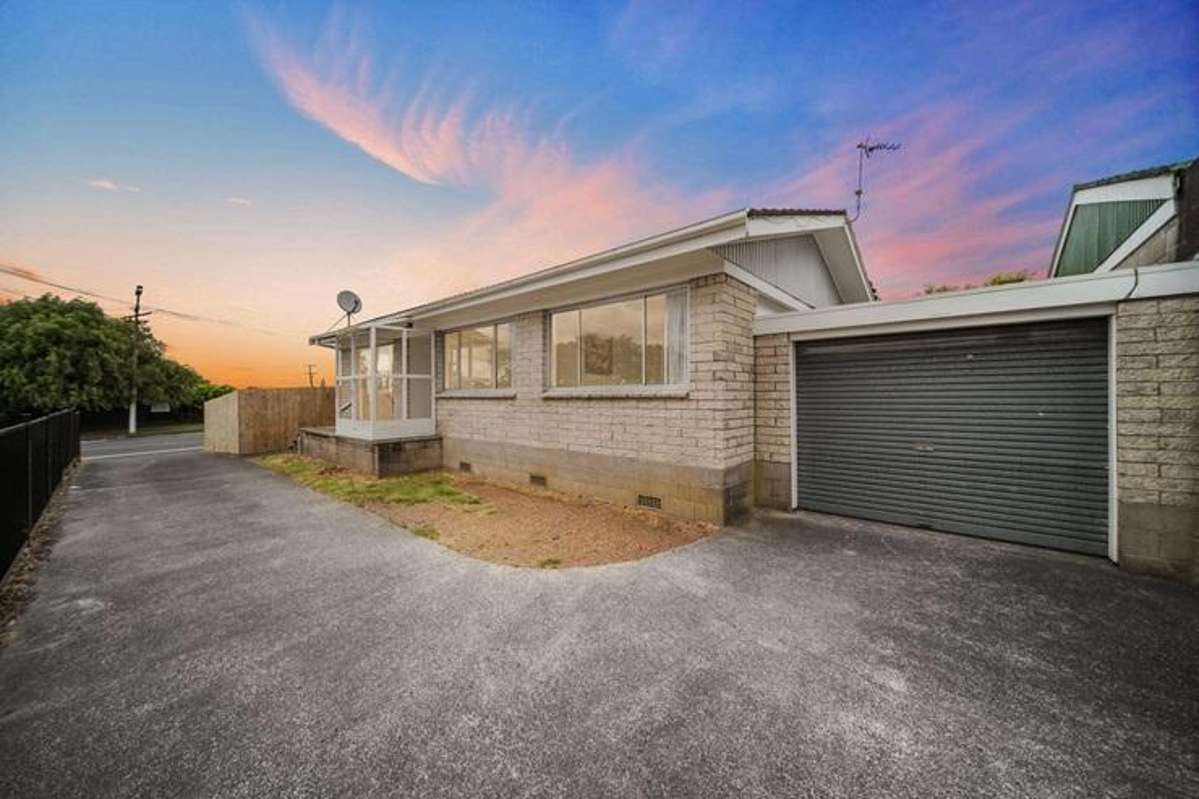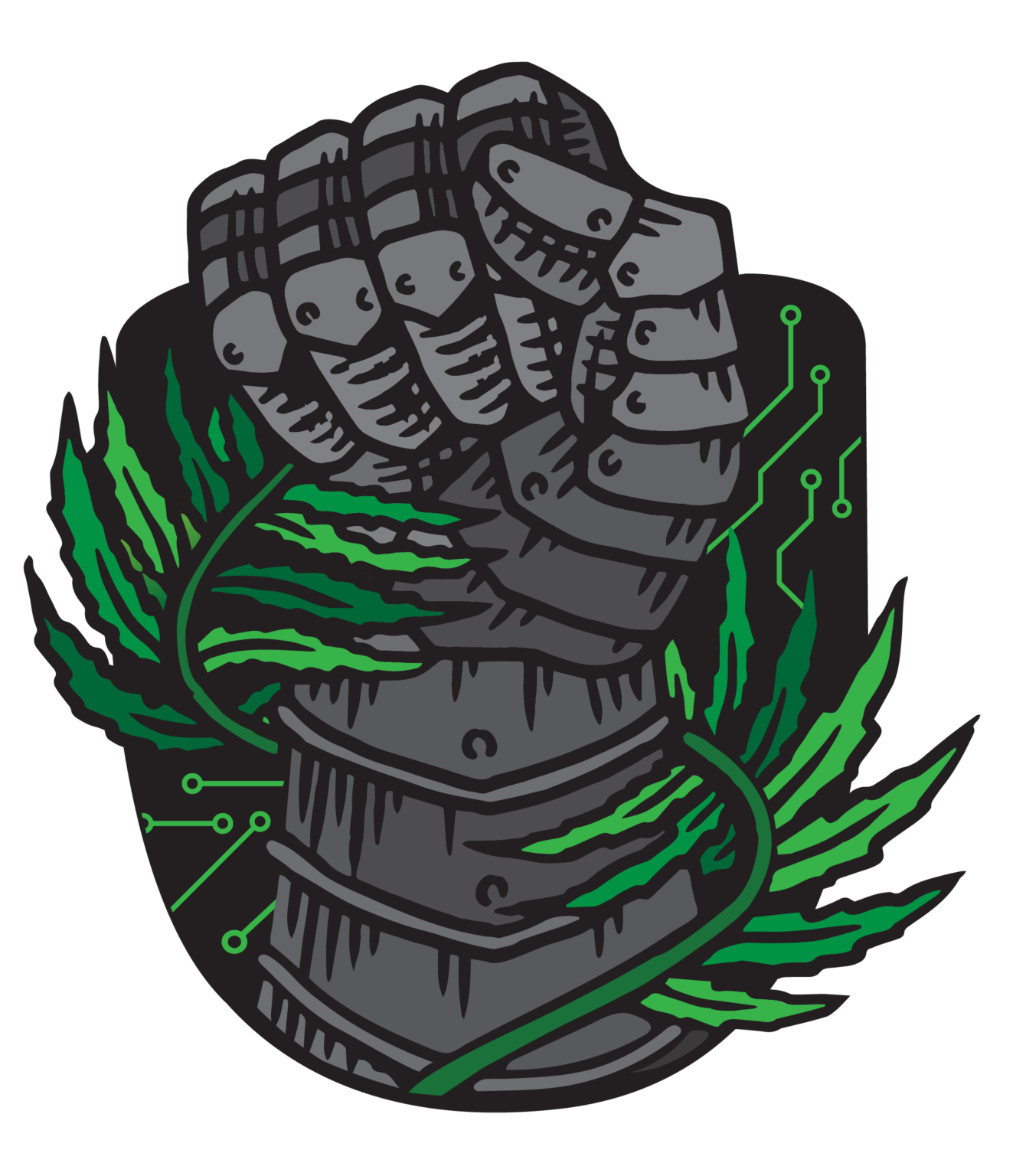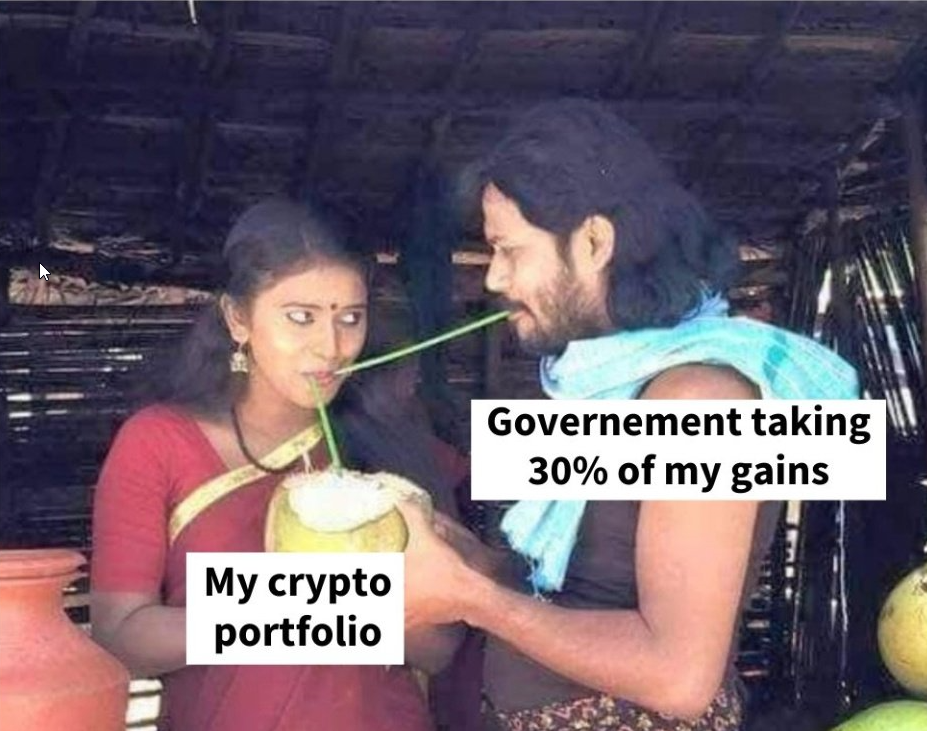How to Spend Bitcoin & Crypto in NZThe Ultimate Method (2025)
Learn how to spend Bitcoin and crypto in New Zealand from everyday purchases to big-ticket items like real estate, using tools like crypto debit cards, Web3 usernames, and peer-to-peer payments.

Spending Bitcoin & crypto in New Zealand used to be a challenge but in 2025, it's faster, easier, and more practical than ever. Whether you're buying a coffee, paying a freelancer, or booking a flight, there are now real ways to spend Bitcoin like everyday money.
In this guide, Cryptocurrency NZ breaks down the best methods for spending your crypto in Aotearoa from crypto debit cards to merchant tools, Web3 usernames, and peer-to-peer solutions. No hype, no ads just practical info for Kiwis looking to actually use their tokens.
Table of Contents
Author
Nic Turnbull
May 8, 2025
How to Spend Cryptocurrency in New Zealand
Easiest Way to Spend Bitcoin: Crypto Debit Cards
One of the simplest ways to use your cryptocurrency in the real world is through a crypto debit card. These work much like prepaid debit cards but instead of loading NZD or fiat, you load the card with cryptocurrency such as Bitcoin, Ethereum, or stablecoins.
At the point of purchase, your crypto is automatically converted into NZD and processed through the normal card network. This means you can spend crypto even if the merchant doesn't accept it directly — the transaction appears just like any other card payment.
Crypto debit cards are accepted anywhere that standard Visa or Mastercard cards are — which includes the majority of retailers both online and in-store.

Pay It Now (PIN)
PIN offers the most comprehensive cryptocurrency payment solution for Kiwis, with local merchant integration and support for a wide range of cryptocurrencies.
Pros
- • Built specifically for New Zealand users
- • Wide token support (30+ cryptocurrencies)
- • Local customer support
- • Integration with NZ merchants
Cons
- • Higher fees than international alternatives
- • Limited advanced features

Kast Finance
Kast Finance provides a streamlined debit card solution optimized for Ethereum and Solana ecosystems, perfect for users who primarily hold assets on these blockchains.
Pros
- • Seamless integration with Ethereum & Solana
- • Lower fees for stablecoin transactions
- • Enhanced security features
- • Excellent mobile app experience
Cons
- • Limited token support (primarily stablecoins)
- • Less familiar with NZ regulatory environment
- • Higher exchange rates for non-stablecoin assets
What can you Buy with Crypto in NZ?
Now that we've covered the services and tools available, let's take a look at how to spend Bitcoin and other cryptocurrenies in New Zealand.
In recent years, more businesses around the world have started accepting cryptocurrency for everyday purchases — from luxury goods and electronics to subscriptions and even travel. Advancements like the Bitcoin Lightning Network and stablecoin payments have made spending crypto faster and more practical.
Here in New Zealand, crypto adoption at the checkout is still in its early stages. However, platforms like Pay It Now (PIN) are beginning to roll out tools that make it possible to use crypto with traditional retailers even if those businesses don't accept it directly. Through debit card integration, merchant tools, and in-app swaps, services like PIN are building the foundation for crypto payments to be used in retail, hospitality, and e-commerce settings.
While widespread adoption will take time, the infrastructure is gradually emerging giving Kiwis more ways to put their crypto to use beyond just holding or trading.
Real Estate
While still uncommon, using crypto to buy property in New Zealand is starting to gain traction. In 2025, a South Auckland couple listed their home for Bitcoin or NZD potentially making it the first real estate deal in the country to settle in crypto.
Although most sales still happen in cash, the legal and technical infrastructure to handle crypto property deals is emerging and more Kiwi investors are starting to take notice.

https://www.oneroof.co.nz/news/south-auckland-home-auctioned-for-bitcoin-could-make-nz-history-46900
How to Make a Payment With Cryptocurrency
So you've just bought your first bit of Bitcoin or crypto.
Maybe it's a few bucks of ETH, maybe it's a chunk of stablecoins. Either way, you've crossed the first hurdle, and now you're holding digital money. Real money. Stored on the blockchain, not in a bank. The next question is: how do you actually use it?
Need more crypto spending advice? Contact us for personalized guidance →

Using Cryptocurrency in New Zealand
Using a Web3 Username Instead of a Wallet Address
Web3 usernames like ENS domains (e.g. yourname.eth) are human-readable wallet addresses. Instead of sharing a long and error-prone string of characters, you can send or receive crypto using a name that's easy to remember and type. Just note: using one may reduce your privacy, as your activity can be publicly traced to your chosen name.
How to Get Cryptocurrency in NZ
Before you can spend bitcoin, you'll need to get some. The easiest way to do that is through a reputable exchange or broker that operates in NZ. You don't need to buy a whole coin - crypto is divisible, so you can buy small amounts that match your budget.
Cryptocurrency Wallet
To send, receive, or spend bitcoin, you'll need a wallet. A wallet doesn't actually store your coins - it stores the keys that let you access them on the blockchain. Wallets can be mobile, desktop, browser-based, or hardware devices, and they come with different features depending on what you need.
Tax Considerations When Spending Crypto in NZ
In New Zealand, using cryptocurrency to buy something is considered a disposal and that means it's potentially a taxable event. Whether you're buying coffee with Bitcoin, paying a freelancer in USDT, or using a crypto debit card at the supermarket, you're effectively selling your crypto in the eyes of the IRD (Inland Revenue Department).
Because crypto is treated as property, not currency, you may need to declare gains or losses when you spend bitcoin - especially if the value of it has changed since you got it.

What You're Expected to Track
- The type of crypto asset you spend
- How much you paid for it (your cost basis)
- The value of the crypto at the time of spending (in NZD)
- The date and time of the transaction
- What you received in exchange (e.g. goods, services, card top-ups)
Disclaimer: All content in this guide is intended for educational purposes only and should not be interpreted as financial advice. As an individual, you are entirely responsible for how you conduct your investments and manage your cryptocurrency interests. It is exclusively your own responsibility to perform due diligence and Cryptocurrency NZ recommends taking extreme care and caution with crypto and are not responsible for the outcomes, management, or oversight of your activities.
